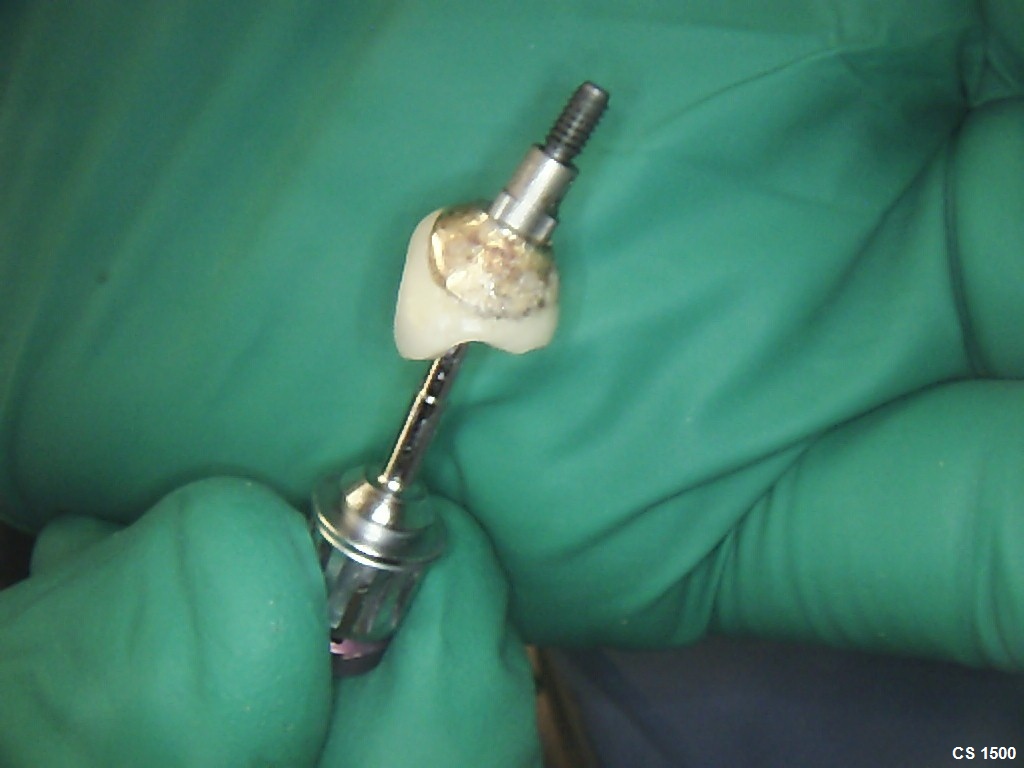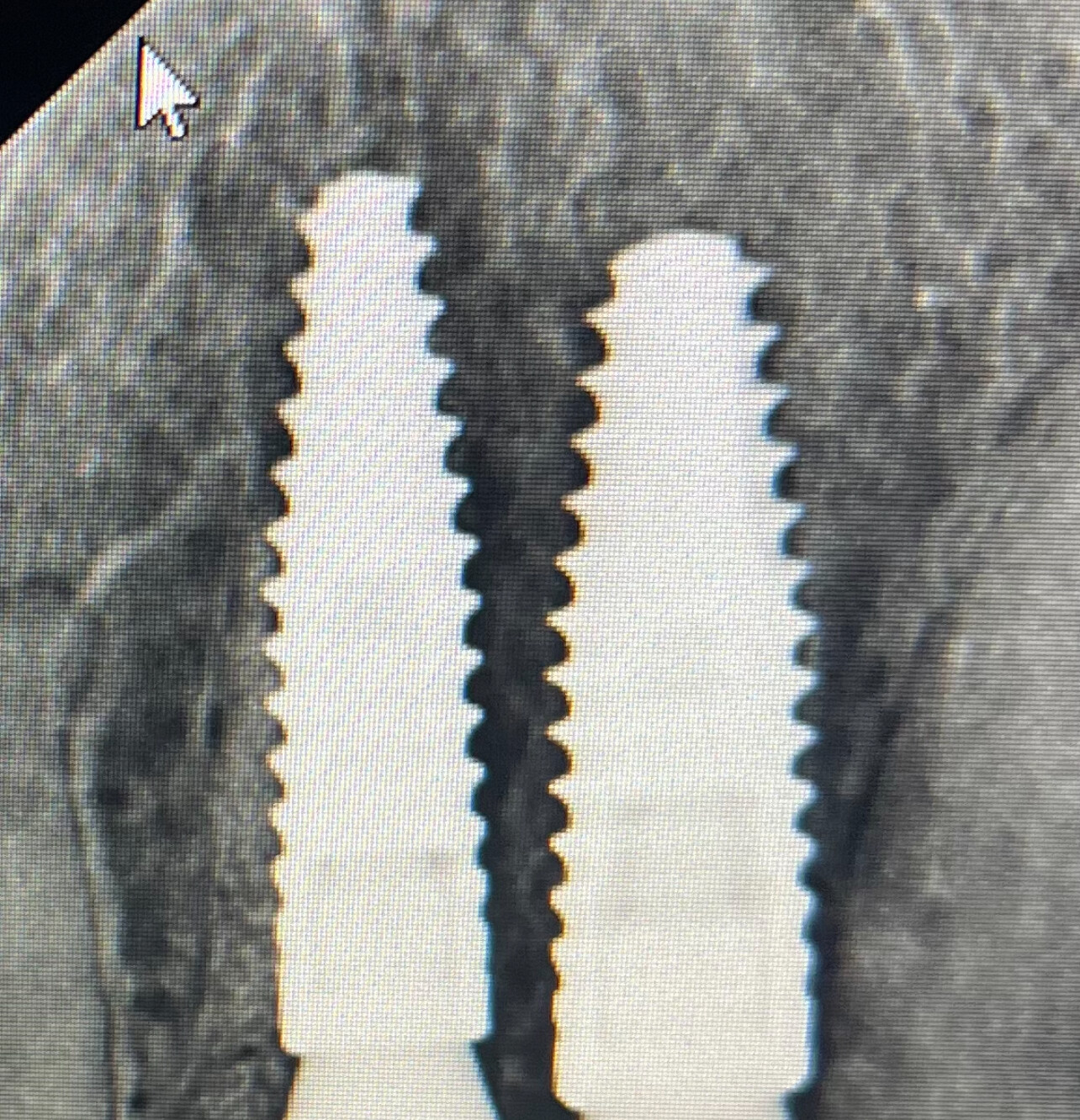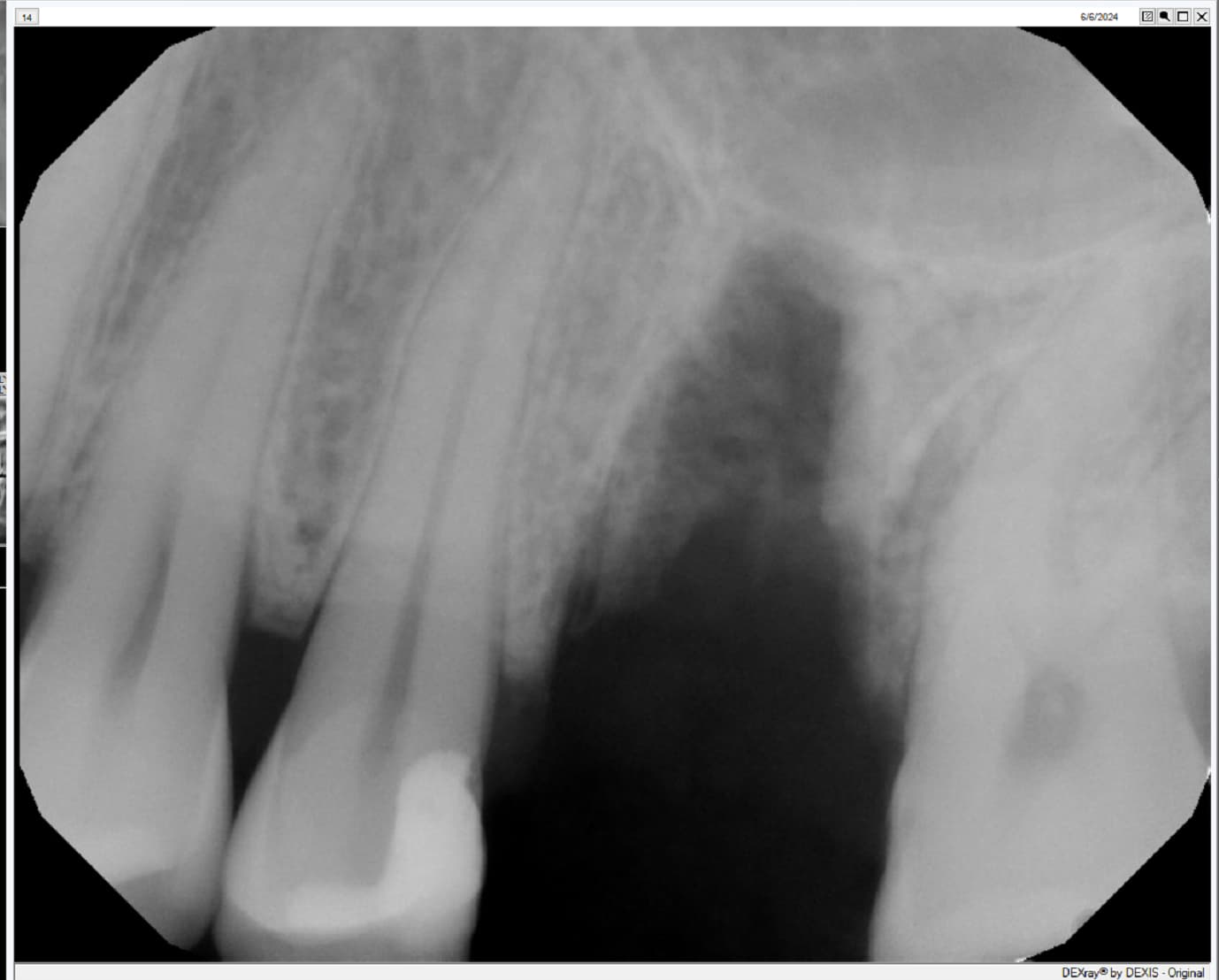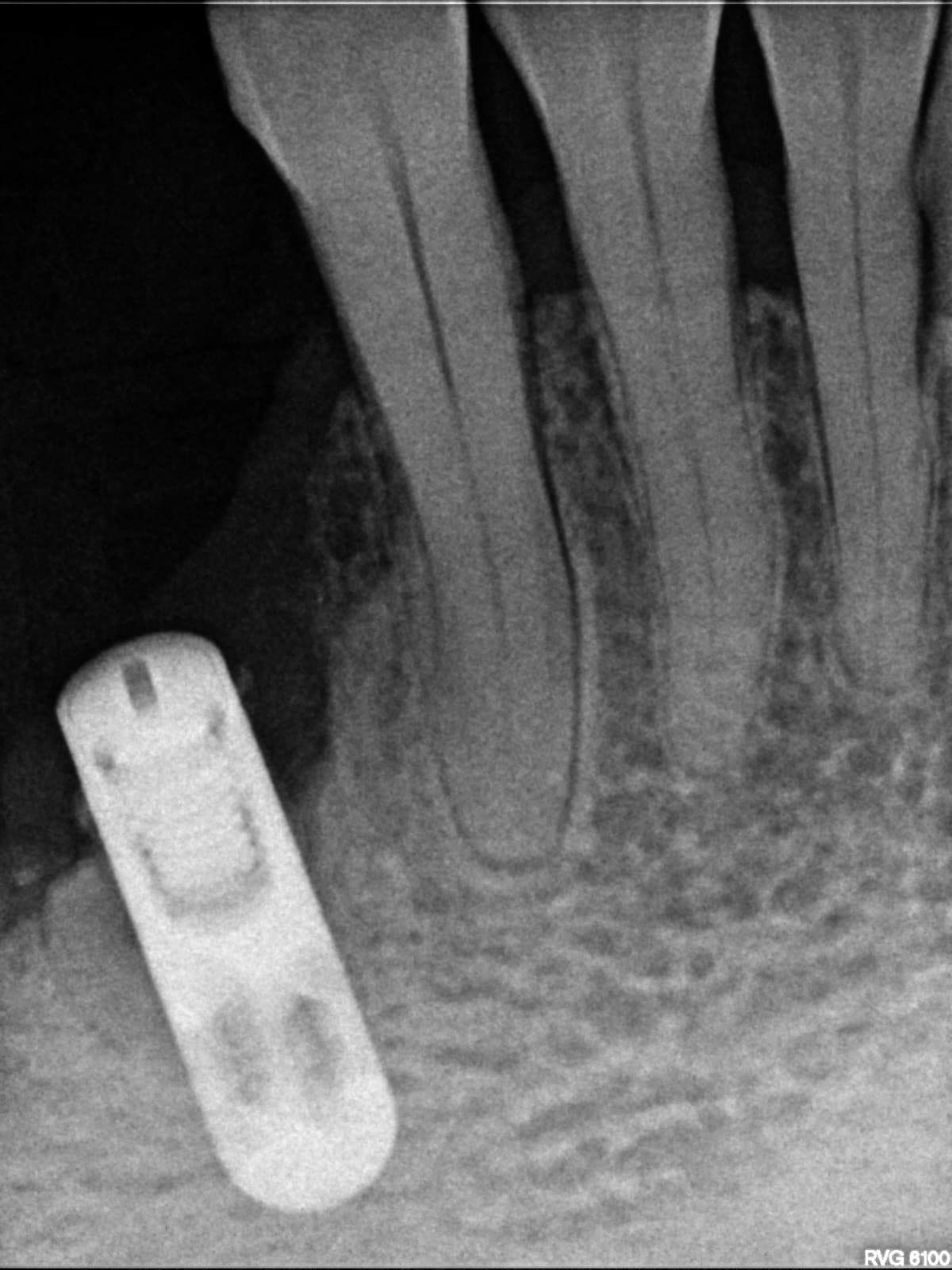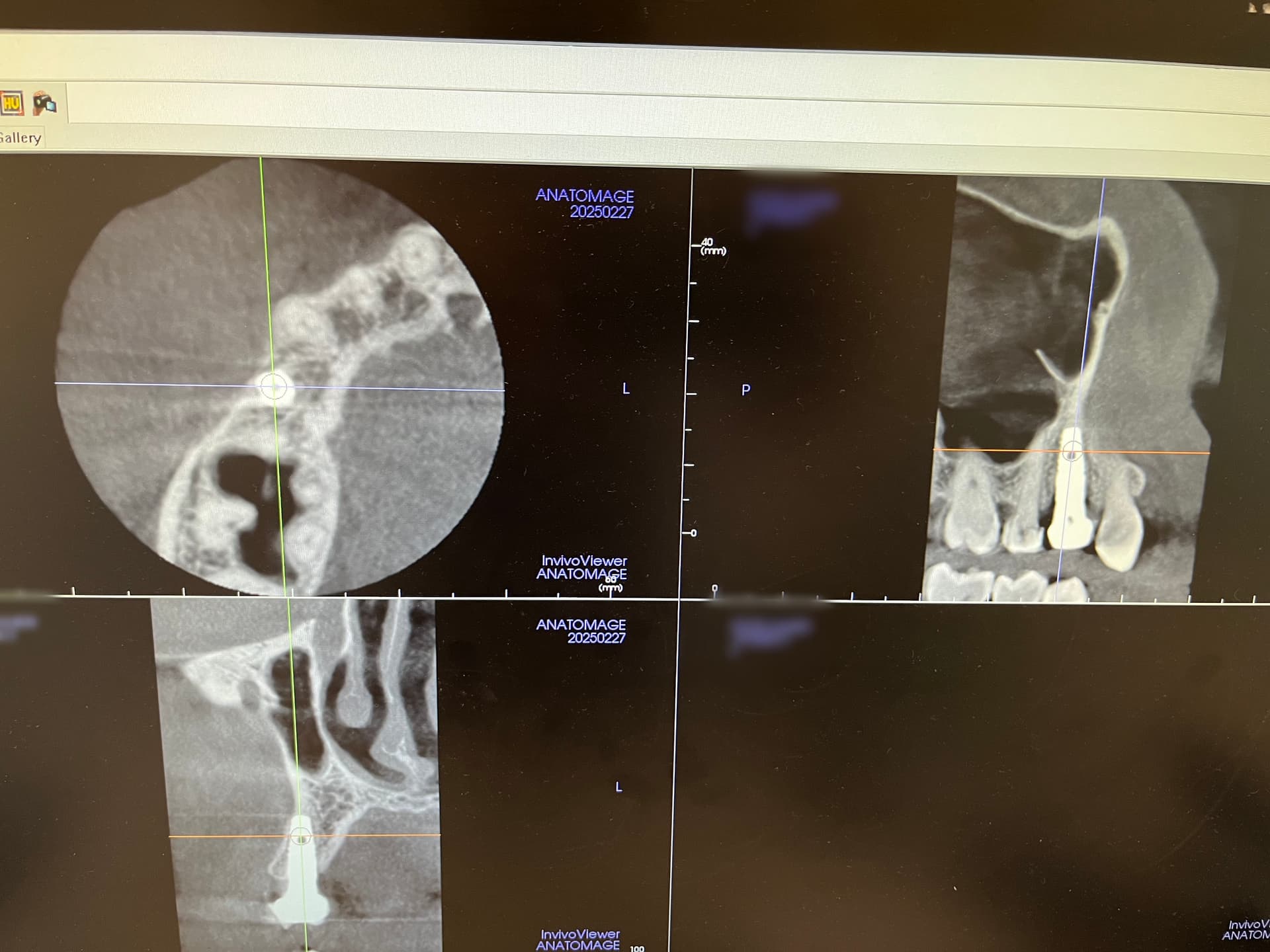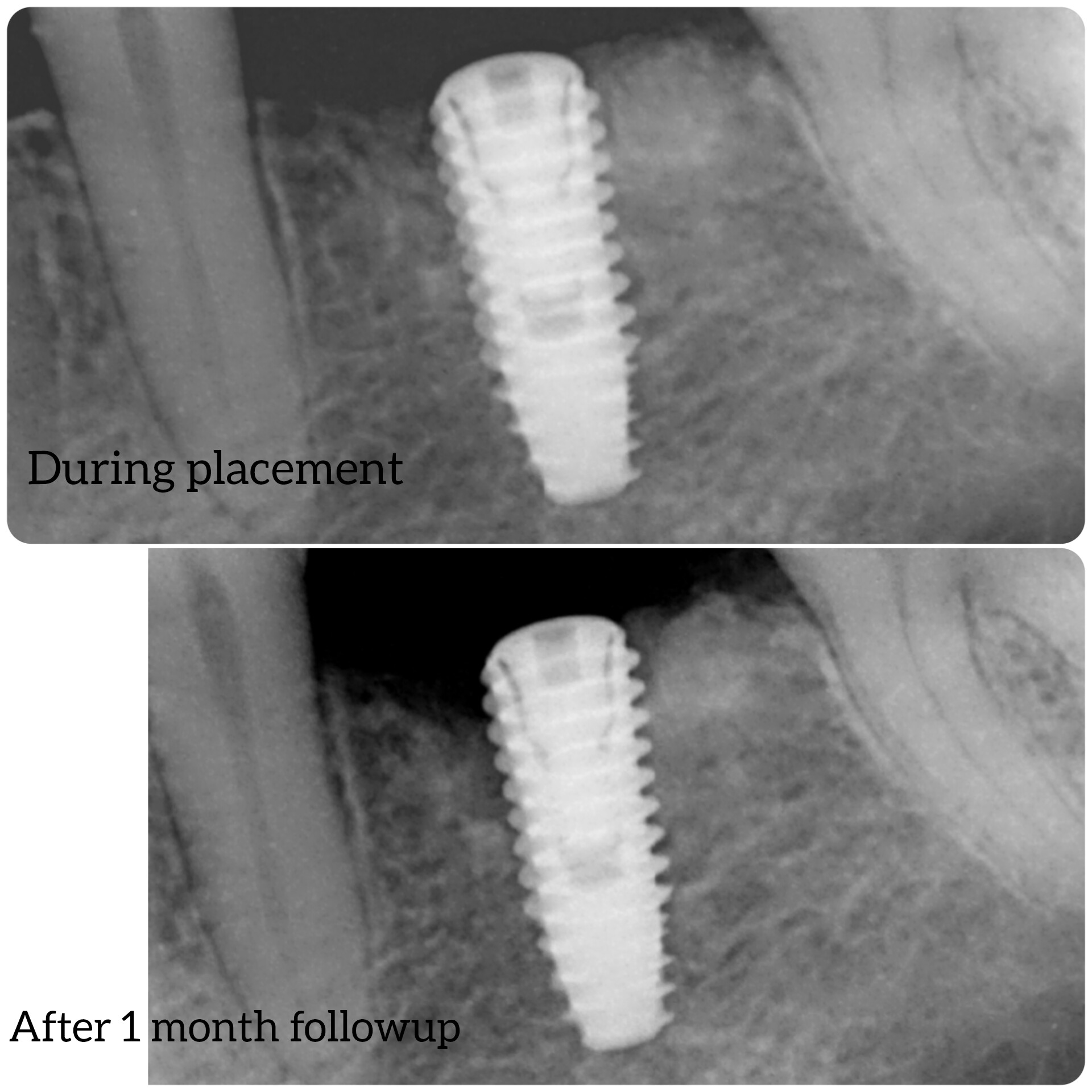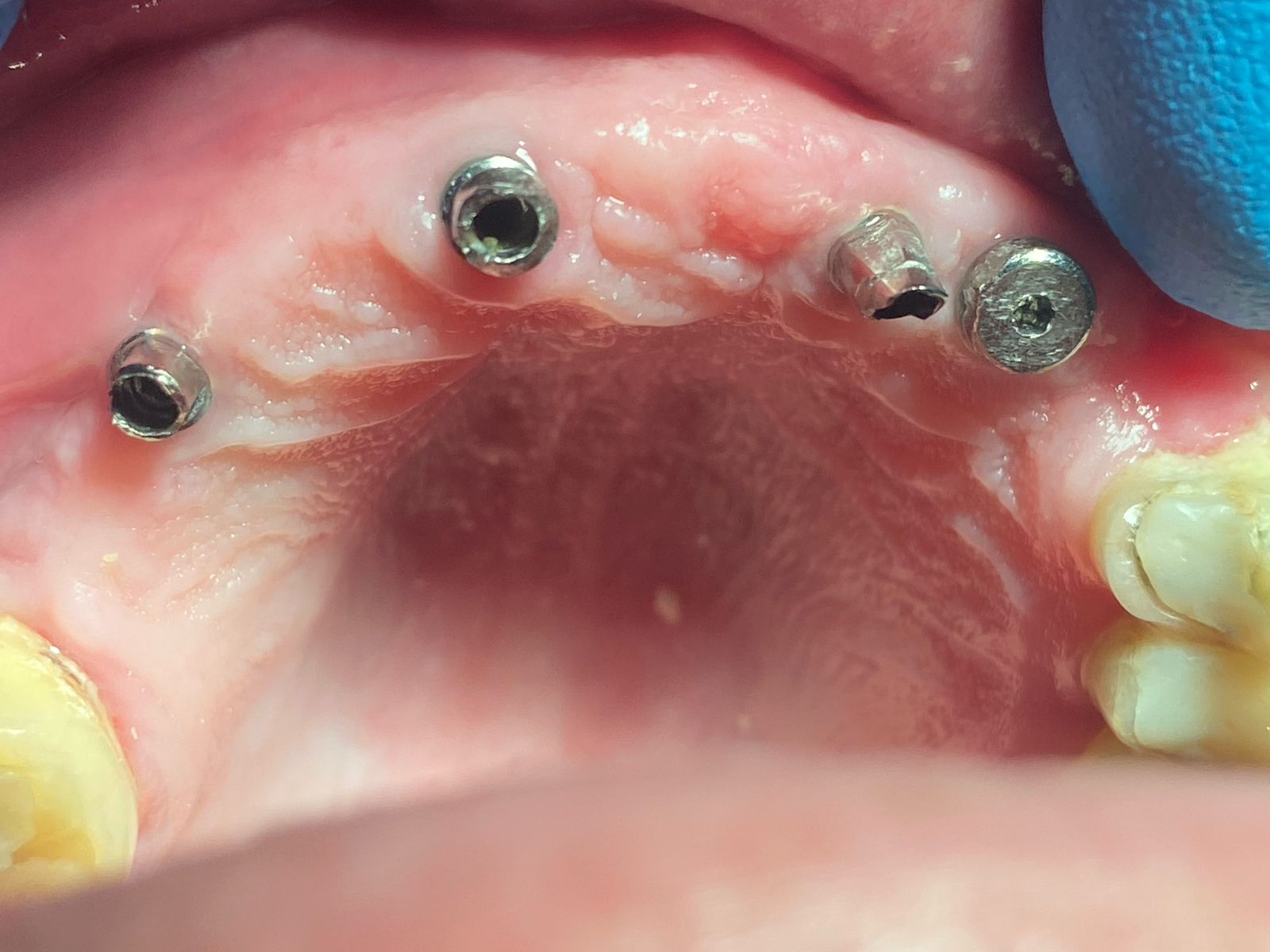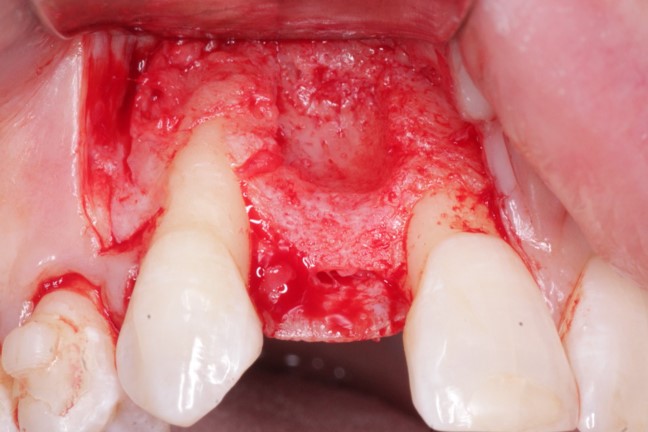Use of Antibiotics for Implant Placement: Evidence-Based Protocol?
Dr. A. asks:
As an experienced periodontist, I am always looking for evidenced-based guidance for any surgical technique.
Is anyone aware of any evidence-based protocol for the use of antibiotics routinely for placement of dental implants? In speaking to many other surgical practitioners, there seems to be no standard protocol that is adhered to. It has been suggested to use amoxicillin, tetracycline, clindamycin, and others too many to list. The dosing schedule also varies from pre-surgical to post-surgical start. So where are the studies to validate these antibiotic protocols? What are thoughts?
6 Comments on Use of Antibiotics for Implant Placement: Evidence-Based Protocol?
New comments are currently closed for this post.
Dr. Robert L.Crosby
6/20/2007
good question!
Do you medicate your patients for perio surgeries, especially osseous grafts? Saliva and bacteria are going to get in the surgical field-
The mouth is full of bacteria that could potentially cause implant rejection ; so it seems logical we should do so.
Bob
6/20/2007
A pubmed search on this topic reveals some interesting studies on this topic. The bottom line for me:
1. No need for antibiotics at all for healthy patients who receive standard procedures without grafting. Minimal grafting with autogenous bone from the drill might be added to that category.
There is evidence that bone collected from a filter is sometimes contaminated.
2. Single shot preoperative antibiotics in all other cases.
Things have changed ! Just compare the articles of the author Dent CD in 1997 and in 2004.
Dr. Mehdi Jafari
6/22/2007
In Altemeier’s classification, oral surgical procedures are often graded as class II (clean-contaminated surgery), with a rate of local infection of 5 to 15% without antibiotics and
Dr. Bill Woods
6/26/2007
There are mixed views on this and I don't know of any published studies except description of sx protocol in articles. I premedicate and use ABX prophylaxis because I think its prudent to prevent something from happening. While I am not paranoid, I do think that in the event there would be litigation, failure to do so could be argued in court. But I do not do it for that. If you look at the medical field, every surgery is premedicated, mostly with IV ABX. JMHO. Bill
Dr. Joseph Cillo
6/28/2007
The dental implant supplement to the Journal of Oral and Maxillofacial Surgery in 1997 (The influence of preoperative antibiotics on success of endosseous implants up to and including stage II surgery: a study of 2,641 implants. Dent C, Olson J, Farish S, Bellome J, Casino A, Morris H, Ochi S Journal of Oral and Maxillofacial Surgery
December 1997 (Vol. 55, Issue 12 (Supplement), Pages 19-24)) showed that the use of preoperative antibiotics significantly improved the surival rate of dental implants. In the same journal (The influence of 0.12% chlorhexidine digluconate rinses on the incidence of infectious complications and implant success. Lambert P, Morris H, Ochi S Journal of Oral and Maxillofacial Surgery December 1997 (Vol. 55, Issue 12 (Supplement), Pages 25-30)) also showed that pre-operative rinses with chlorhexidine improved implant survival rates. Because of this, I currently use either an oral or IV dose of pre-operative penicillin-based anitbiotics and chlorhexidine before dental implant placement.
Implant Patient
1/2/2009
It's interesting to read why preoperative antibiotics are prescribed. I wished my dentist had educated me on why, so I actually would have taken them before. I am now using them because of the infection after I've received the implants.
Dentists need to talk to their patients more and explain to them why they are doing the things they are doing, I think they'd have a higher success rate of people actually following their instructions.
I just thought he was being overly cautious.










